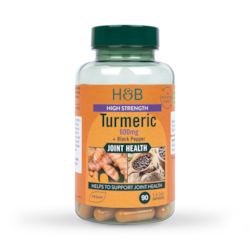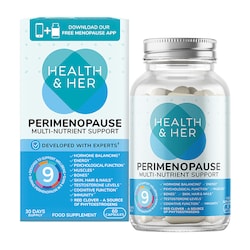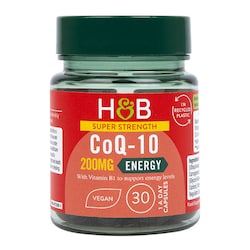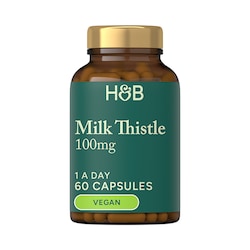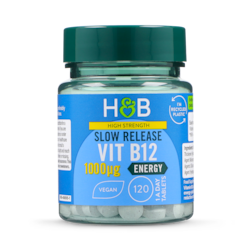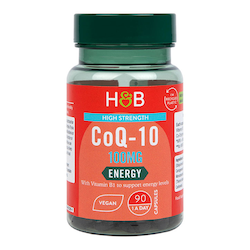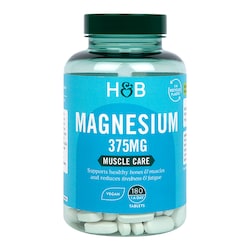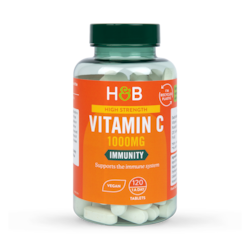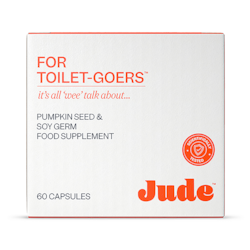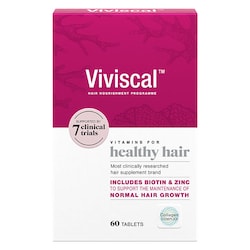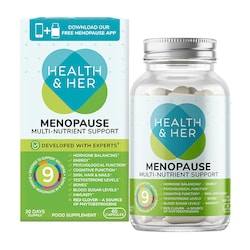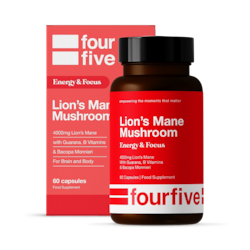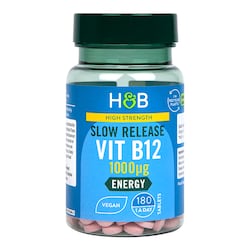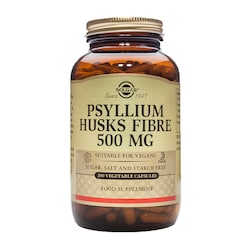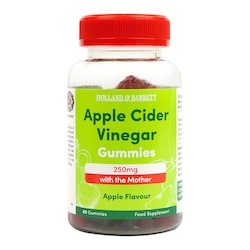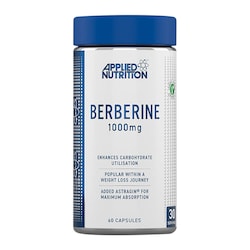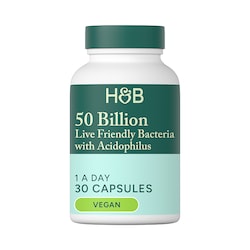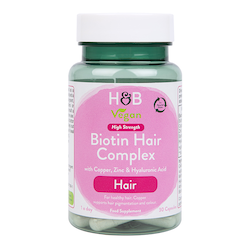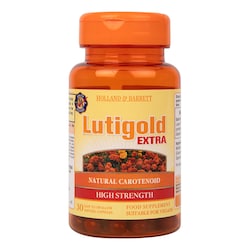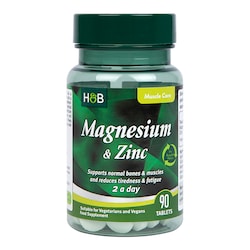20% off £30
Code:EASTER
Essential tips to boost your vitamin B12 intake on a vegan diet

Did you know over half of vegans in the UK are at risk of B12 deficiency? Discover three strategies to keep your levels optimal while staying true to your plant-based lifestyle
Summary
1What is vitamin B12 deficiency and why does it ma
Vitamin B12 is an important nutrient for your health. It helps your body release energy from the food you eat…
2What are the best sources of B12 for vegans?
Luckily, it’s never been easier to incorporate vegan vitamin B12 sources into your daily routine…
3Foods fortified with vitamin B12
To combat widespread deficiency, many staple foods are now commonly fortified with vitamin B12…
If you’re following a vegan diet, vitamin B12 is no doubt already high on your radar.1,2
Vitamin B12 is predominantly found in animal products like meat, dairy and eggs.1-4 So, it should come as no surprise that you’ll need to get creative to meet your daily recommended intake of this essential nutrient.
Don’t worry – boosting your B12 has never been easier or tastier.
What is vitamin B12 deficiency and why does it matter for vegans?
Vitamin B12 is an important nutrient for your health. It helps your body release energy from the food you eat, contributes to normal brain function and supports the creation of red blood cells.2-4
The recommended daily intake for vitamin B12 is about 1.5μg for adults aged 19‒64.4
Vitamin B12 is almost exclusively found in animal sources, such as meat, cow’s milk, eggs and cheese. For those who follow a diet that incorporates animal-based products, it should be no problem to get enough vitamin B12 from food alone.4
However, vegans (and some vegetarians) must consume alternative sources to avoid vitamin B12 deficiency.1-3
A consistent lack of vitamin B12 can cause a wide range of symptoms, including:5
- tiredness and weakness
- a feeling of pins and needles in the hands and feet
- red and sore tongue
- mouth ulcers
- muscle weakness
- disturbed vision
- depression
- confusion
- problems with memory and judgement

What are the best sources of B12 for vegans?
Luckily, it’s never been easier to incorporate vegan vitamin B12 sources into your daily routine.
Non-animal sources of vitamin B12
While limited, there are some natural food sources of vitamin B12 that don’t come from animal products.
These foods are perfect for adding a vitamin B12 boost to your daily routine:
- yeast extract – in popular staples Marmite and Vegemite, this love-it-or-hate-it spread is one way to incorporate more vitamin B12 into your diet1
- mushrooms – some mushrooms, like shiitake, lion’s mane, black trumpet and golden chanterelle, contain varying amounts of vitamin B126
- tempeh – a fermented form of soybean, tempeh not only contains a considerable amount of vitamin B12 but is also a good vegan protein source.3,7,8 Tempeh can be enjoyed in any number of ways, including baked, grilled, air-fried, smoked or sauteed
- nori – though technically an algae, this flat, edible seaweed used for sushi deserves special mention as a healthy vegan source of vitamin B12.6 In addition to having it with your sushi, you can munch on nori directly or add flakes to your noodle soups, salads, rice bowls and tofu
While these plant-based foods do contain varying amounts of vitamin B12, if you still struggle to get your B12 intake, other more reliable sources for vegans are fortified foods and supplements.9
Foods fortified with vitamin B12
To combat widespread deficiency, many staple foods are now commonly fortified with vitamin B12.10
With some careful label scanning, you can easily incorporate these vitamin B12-fortified foods into your shopping routine to help meet your daily intake:
- nutritional yeast – this vegan seasoning often contains added vitamin B12 and is a good source of other B vitamins. Its savoury, cheesy flavour works well when sprinkled on sauces, curries or even popcorn1,3,11

- breakfast cereals – many breakfast cereals contain a portion of your daily recommended intake of vitamin B12. Check the packaging to find out if your favourite cereal is fortified and by how much1,3,4
- non-dairy milk alternatives – not all plant-based milk drink is created equal, so be sure to check the label to see if your plant milk drink of choice is fortified with vitamin B1212
- other non-dairy replacements – some plant-based dairy alternatives, including soya yoghurt alternatives, are also fortified with vitamin B12. But this varies widely by brand, so always read the label to find out if this is the case when shopping for these items9
Vitamin B12 supplements
If tracking your B12 intake from natural food sources and fortified foods feels like a hassle, there’s a solution. Many vegans opt to supplement vitamin B12 because it’s simple, effective and convenient for busy lifestyles.
You can get vitamin B12 in your daily multivitamin, from a B-complex or as a standalone supplement.3
Standalone vitamin B12 supplements are available in various formats, including traditional tablets, liquid supplements and oral sprays.13 In severe cases of deficiency, vitamin B12 can even be administered by a healthcare professional as an injection to quickly boost levels.5,14
While there’s no official upper limit for vitamin B12 supplements, the NHS suggests that taking up to 2mg daily is safe and unlikely to cause any harm.4
If you’re concerned that you may not be getting enough vitamin B12, visit your GP and ask for blood tests to check your levels.14,15
The final say
A well-planned vegan diet can support your health at any stage of life, but paying attention to your B12 intake is crucial.1 Skipping this essential nutrient can lead to deficiency and poor health.2-5
The good news? You can easily up your intake by including a mix of plant-based foods rich in vitamin B12, fortified options and supplements.1,2,6
For most vegans, taking a vitamin B12 supplement is the simplest and most reliable way to maintain normal levels.2 When in doubt, it’s always best to speak to your GP about your health and diet concerns.
The advice in this article is for information only and should not replace medical care. Please check with your GP or healthcare professional before trying any supplements, treatments or remedies. Food supplements must not be used as a substitute for a varied and balanced diet and a healthy lifestyle.
While we strive for accuracy and balance, please be aware that this article may discuss products available for purchase through Holland & Barrett. Consult a healthcare professional before making any health-related decisions.
- NHS. The vegan diet [Internet]. [cited 2024 Sept 18]. Available from: https://www.nhs.uk/live-well/eat-well/how-to-eat-a-balanced-diet/the-vegan-diet/
- Niklewicz A, et al. The importance of vitamin B12 for individuals choosing plant-based diets. Eur J Nutr. 2022;62(3):1551–9. https://doi.org/10.1007/s00394-022-03025-4
- National Institutes of Health. Office of Dietary Supplements - Vitamin B12 [Internet]. [cited 2024 Sept 18]. Available from: https://ods.od.nih.gov/factsheets/VitaminB12-HealthProfessional/
- NHS. B vitamins and folic acid - Vitamins and minerals [Internet]. [cited 2024 Sept 18]. Available from: https://www.nhs.uk/conditions/vitamins-and-minerals/vitamin-b/
- NHS. Vitamin B12 or folate deficiency anaemia [Internet]. [cited 2024 Sept 18]. Available from: https://www.nhs.uk/conditions/vitamin-b12-or-folate-deficiency-anaemia/
- Watanabe F, et al. Vitamin B12-containing plant food sources for vegetarians. Nutrients. 2014;6(5):1861–73. https://doi.org/10.3390/nu6051861
- Teoh SQ, et al. A review on health benefits and processing of tempeh with outlines on its functional microbes. Future Foods. 2024;9:100330. https://doi.org/10.1016/j.fufo.2024.100330
- Stephanie S, et al. Tempeh consumption enhanced beneficial bacteria in the human gut. Food Research. 2018;7(1):57–63. https://doi.org/10.26656/fr.2017.3(1).230.
- British Dietetic Association. Vegetarian, vegan and plant-based diet [Internet]. [cited 2024 Sept 18]. Available from: https://www.bda.uk.com/resource/vegetarian-vegan-plant-based-diet.html
- Gharibzahedi SMT, et al. Recent advances in dietary sources, health benefits, emerging encapsulation methods, food fortification, and new sensor-based monitoring of vitamin B12: A critical review. Molecules. 2023;28(22):7469. https://doi.org/10.3390/molecules28227469
- Jach ME, et al. Yeast protein as an easily accessible food source. Metabolites. 2022;12(1):63. https://doi.org/10.3390/metabo12010063
- Craig WJ, Fresán U. International analysis of the nutritional content and a review of health benefits of non-dairy plant-based beverages. Nutrients. 2021;13(3):842. https://doi.org/10.3390/nu13030842
- Abdelwahab OA, et al. Efficacy of different routes of vitamin B12 supplementation for the treatment of patients with vitamin B12 deficiency: A systematic review and network meta-analysis. Ir J Med Sci. 2024;193(3):1621–39. https://doi.org/10.1007/s11845-023-03602-4
- NHS Choices. Diagnosis - Vitamin B12 or folate deficiency anaemia [Internet]. [cited 2024 Sept 18]. Available from: https://www.nhs.uk/conditions/vitamin-b12-or-folate-deficiency-anaemia/diagnosis/
- Ankar A, Kumar A. Vitamin B12 deficiency. Treasure Island (FL). StatPearls Publishing; 2022. Available from: https://www.ncbi.nlm.nih.gov/books/NBK441923/



